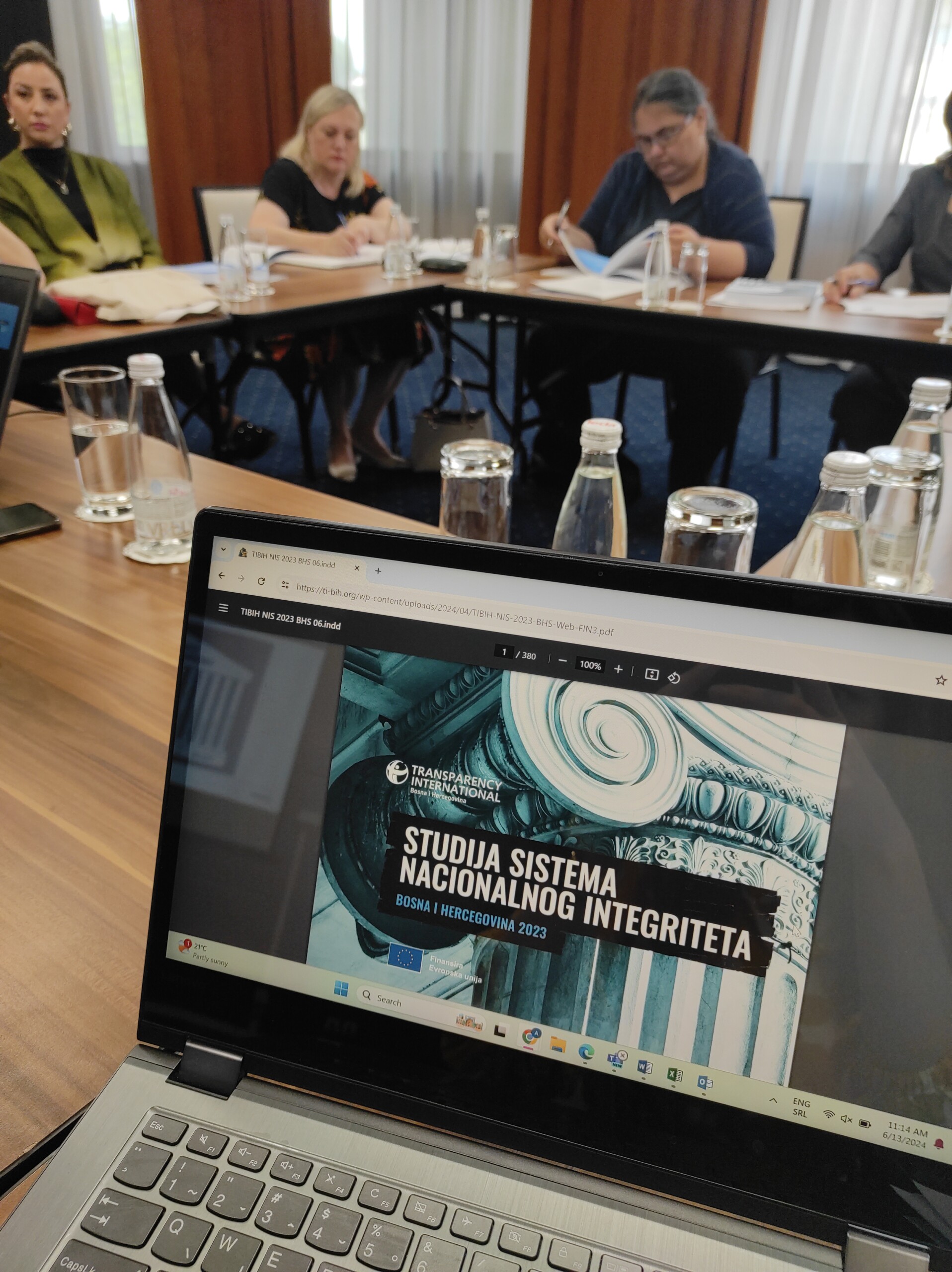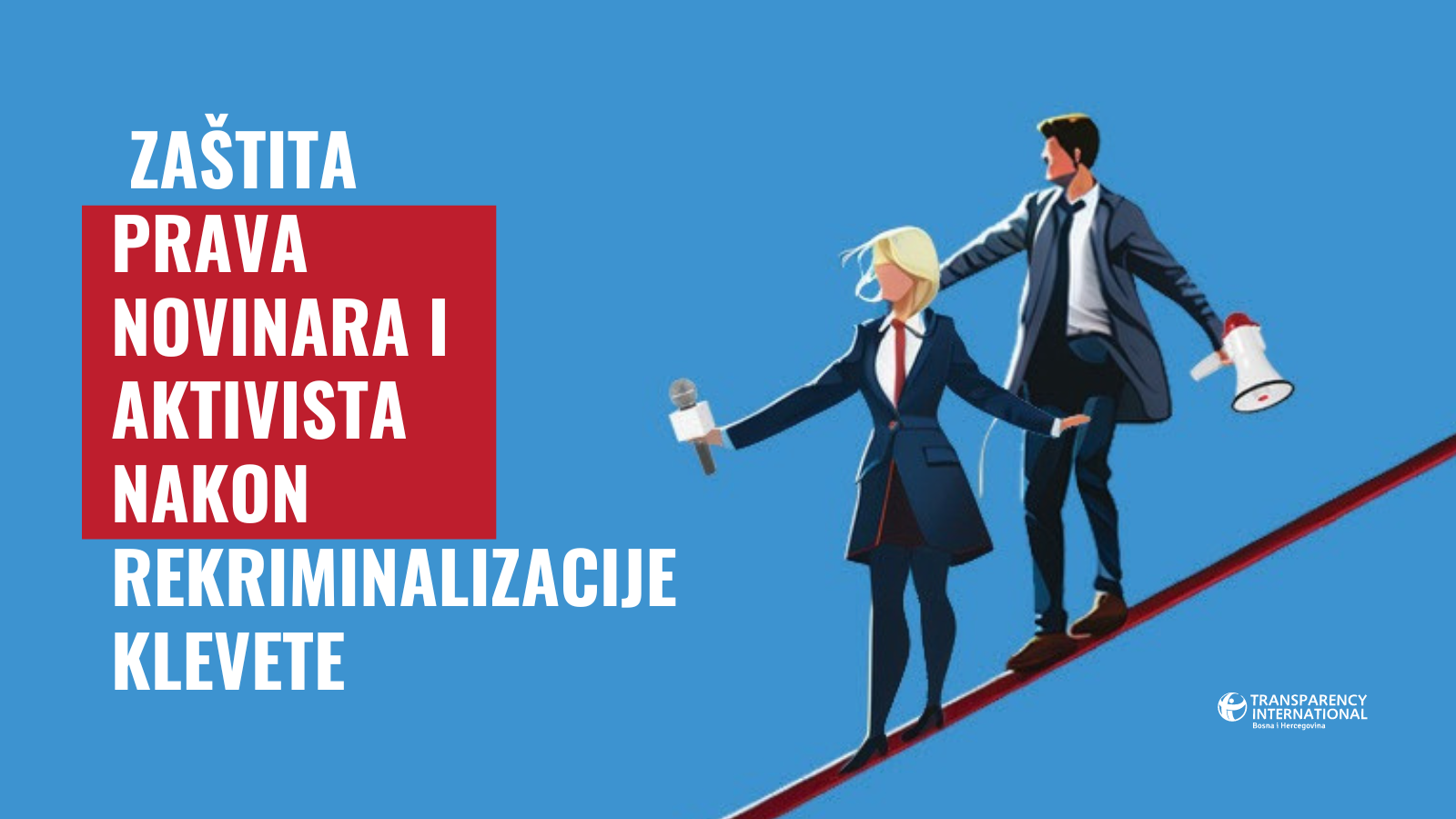Billions for major new energy projects in the Balkans but why not a penny for renewables, demand NGOs
Eighteen non-governmental organisations from across South East Europe (SEE) have today joined forces to demand the withdrawal of political support for a rash of environmentally...

In a letter (1) to key decision-makers, the groups lay out their case against a December 2007 decision by SEE energy ministers (2) that prioritises 19 major electricity generation projects. With an overall price tag of at least EUR 8.3 billion, none of these projects involve renewable energy (3) and several are already subject to strong civil society opposition.
These priority energy projects have been approved under the auspices of the Stability Pact for South East Europe (4) that holds its inaugural meeting under its new name, the Regional Co-operation Council, in Sofia on Wednesday. The Regional Co-operation Council is an international institution whose partners include EU member states, the European Commission and international public lenders such as the European Bank for Reconstruction & Development and the European Investment Bank.
Fidanka Bacheva-McGrath, South East Europe coordinator of CEE Bankwatch Network, said: “Looking at the list of priority energy projects for our region, it’s like being back in the 1950s again – You would think that CO2 reduction targets and renewable energy had never happened. It’s bad enough that national-level decision-makers come up with these emission-spewing projects, but for the international community to support them is unforgivable.”
Boris Divjak, of Transparency International Bosnia and Herzegovina, said: “It is particularly alarming that regional energy ministers have given their seal of approval to several projects which have not even been subject to an open tender or adequate public consultation procedures. If the international community sees itself as improving governance and fighting corruption in South East Europe, it must not support projects that lack these basic necessities.”
The priority projects causing particular concern are:
- The Kosova C lignite power plant that would increase already massive pollution in the Kastriot area caused by the filthy Kosova A and B plants
- Albania’s Vlora oil and gas-powered power plant that threatens the country’s top tourist resort, local fishing industry and valuable coastal eco-systems
- Bosnia and Herzegovina’s Buk Bijela hydropower plant that threatens the stunning Tara River Basin Biosphere Reserve and the Durmitor National Park World Heritage Site
- The Stanari lignite power plant in Bosnia and Herzegovina, whose promoter, EFT, is the subject of a UK Serious Fraud Office investigation
- The Glavaticevo hydropower plant in Bosnia and Herzegovina, that threatens the future Bjelasnica-Igman-Treskavica-Visocica-(Rakitnica) National Park
- Bosnia and Herzegovina’s Gacko II lignite power plant that involves allegedly illegal deals on creating a new operating company with Czech utility CEZ
- Serbia’s Kolubara lignite power plant, near Belgrade, where ash disposal and air pollution are expected to endanger public health.
- Hydropower plants on the Moraca River in Montenegro that threaten its rich variety of endemic aquatic species, the spectacular Moraca Canyon and the water-flow to the Skadar Lake National Park and RAMSAR Site.
In their letter, the groups call on the SEE energy ministers to reconsider their priority projects so that they exclude the most egregious projects and include truly sustainable renewable energy and energy efficiency projects.
Miodrag Dakic, of the Center for Environment, Banja Luka, said: “The wide array of destructive energy projects in Bosnia and Herzegovina reflects a general lack of planning and public participation in decision-making. There is still no national energy strategy and the Entity governments develop projects for expanding and creating new production capacity based on bilateral negotiations with investors rather than careful analysis.”
Lavdosh Ferruni, of the Civic Alliance for the Protection of Vlora Bay in Albania, noted a related problem: “The people of Vlora no longer strongly oppose the Vlora power plant solely because of its highly negative environmental impact and lack of economic viability. We see the project as a bastion of undemocratic practices – denying us our right to be consulted, making deals behind closed doors, and putting special interests above the public good. Above all, our campaign against the power plant is a struggle for our democratic rights."
Contacts:
Fidanka Bacheva-McGrath, South East Europe Co-ordinator, CEE Bankwatch Network
Mobile: +359 899 876 095
E-mail: fidankab AT bankwatch.org
For individual energy projects:
Kosova C thermal power plant
Luan SHLLAKU, Kosovo Foundation for Open Society
Tel: +381 (38) 542157
Mobile +377 (44) 500834
Email: luans AT kfos.org
Vlora Thermal Power Plant
Lavdosh Ferruni, Civic Alliance for the Protection of Vlora Bay
Tel: +355 4 250575
Mobile: +355 (0) 69 209 9047
Email: lferruni AT icc-al.org
Buk Bijela Hydropower Plant and Stanari thermal power plant
Miodrag Dakic, Center for Environment
Tel: +387 (0) 51 433 140
Email: miodrag.dakic AT czzs.org
Glavaticevo Hydropower Plant
Amir Varascic, Zeleni Neretva
Mobile +387 (0) 61 627 549
Gacko II thermal power plant
Boris Divjak, Transparency International Bosnia and Herzegovina
Tel +387 (0) 51 216 928
Tel +387 (0) 51 224 520
Tel +387 (0) 51 224 521
Email: Bdivjak AT ti-bih.org
Kolubara lignite power plant
Zvezdan Kalmar, CEKOR
Tel: +381 24 523 191
Email: vodana AT yahoo.com
Moraca River Hydropower Plants
Vanja Calovic, MANS
Tel: +382 81 266 326;
Tel: +382 81 266 327
Notes for editors:
1. The letter has been signed by
South East Europe Development Watch/CEE Bankwatch Network
Transparency International BiH, Banja Luka, Bosnia and Herzegovina
Center for Environment, Banja Luka, Bosnia and Herzegovina
Eco-movement (Ekolevizja), Albania
Green Action, Zagreb, Croatia
Center for environmental research and information Eco-sense, Skopje, Macedonia
Civic Alliance for the Protection of Vlora Bay, Vlora, Albania
Aarhus Information Centre – Vlore, Albania
CEKOR, Subotica, Serbia
Forum 2015 Coalition for Euro-Atlantic Integration, Pristina, Kosovo
Zeleni Neretva, Konjic, Bosnia and Herzegovina
Ekotim, Sarajevo, Bosnia and Herzegovina
Ecological Movement Zelenkovac, Podrasnica, Bosnia and Herzegovina
Eko ZH, Siroki Brijeg, Bosnia and Herzegovina
Centre for Ecology and Energy, Tuzla, Bosnia and Herzegovina
Eko-Leonardo, Priboj, Bosnia and Herzegovina
Network for the Affirmation of the Civil Sector (MANS), Podgorica, Montenegro
NGO Expeditio, Kotor, Montenegro
The letter has been sent to SEE energy ministers, the Stability Pact Co-ordinator, European Commission representatives and the international financial institutions (the European Bank for Reconstruction and Development, the European Investment Bank and the World Bank).
2. On December 18, 2007, SEE Energy Ministers met in Belgrade under the auspices of the Stability Pact for South East Europe and approved an indicative list of priority projects, which can be found at: http://www.stabilitypact.org/pages/press/detail.asp?y=2007&p=636
3. Large hydropower plants are not considered as a renewable source of energy due to the damage to precious eco-systems caused by flooding large areas of land, the impact on fish migration, and the degraded water quality resulting from damming rivers.
4. See www.stabilitypact.org for details.
Documents
Uključite se
Budite u toku
Pretplatite se na naš bilten i dobijajte periodična obavještenja o našim objavama, najavama, pozivima i aktivnostima putem elektronske pošte.
Ne propustite
Ukoliko želite da dobijate naša saopštenja odmah nakon objavljivanja ostavite svoju e-mail adresu u polje ispod.



